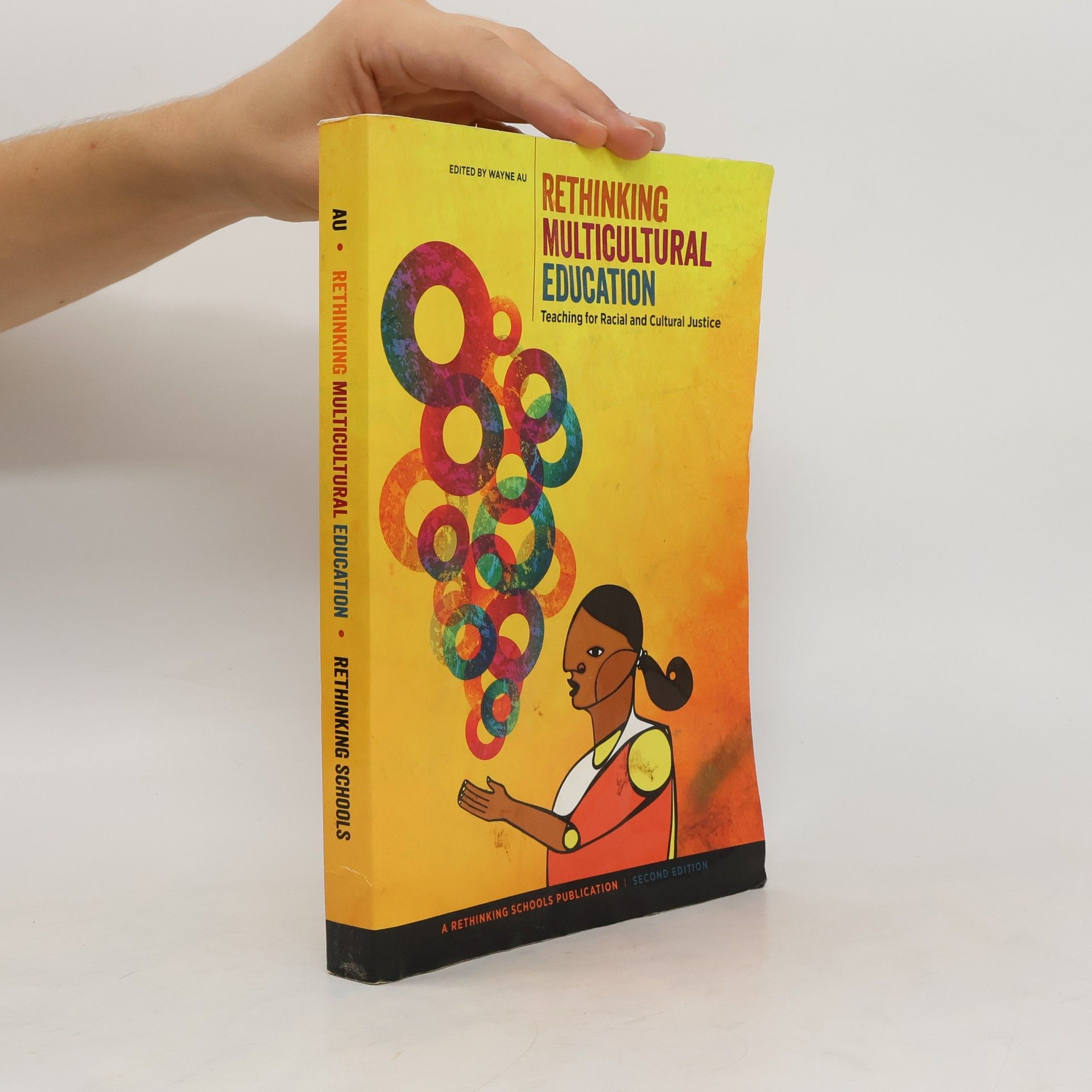Rethinking Multicultural Education
- 417pages
- 15 heures de lecture
This second edition is a collection of articles dealing with race and culture in the classroom that have appeared in Rethinking Schools magazine.
Cet auteur explore la théorie éducative critique et l'éducation à la justice sociale. Son travail examine comment les inégalités systémiques façonnent et influencent les opportunités éducatives. Par le biais de la recherche et des publications, il vise à mettre en évidence les aspects problématiques du système éducatif actuel et à proposer des voies vers une structure plus équitable. Son accent mis sur la standardisation et son impact sur l'inégalité apporte une dimension sociale et critique plus profonde au discours éducatif.



This second edition is a collection of articles dealing with race and culture in the classroom that have appeared in Rethinking Schools magazine.
High-Stakes Testing and the Standardization of Inequality
Focusing on the impact of high-stakes testing, this edition explores systemic issues in U.S. education that perpetuate inequality. It highlights the consequences for students, teachers, and communities, revealing the stakes involved in standardized assessments. Through critical analysis, the book aims to shed light on the enduring challenges faced within educational systems, prompting readers to reconsider the implications of such testing practices.
Focusing on the intersection of Asian American experiences and U.S. education, this book delves into the complexities of racialization and its implications for educational theory, policy, and practice. It serves as a crucial resource for educators and activists committed to anti-racist, liberatory, and abolitionist approaches in education, highlighting the unique challenges faced by Asian American students and advocating for meaningful change within the educational system.